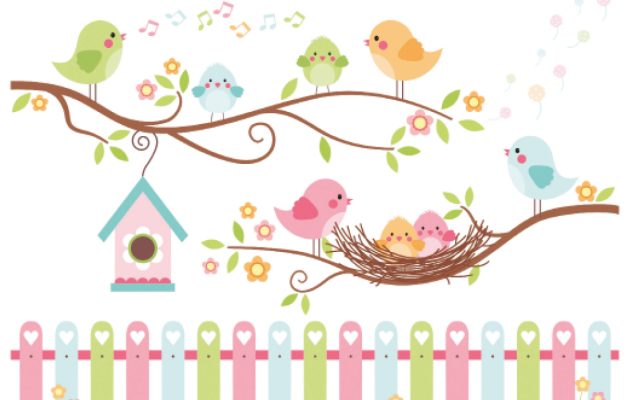The Schoolmaster’s Daughter — Episode 20

The Schoolmaster's Daughter by Suzan Lindsay Randle
« Previous Post- 1. The Schoolmaster’s Daughter — Episode 01
- 1. The Schoolmaster’s Daughter — Episode 20
AS it sank in that she really didn’t know, the euphoria of the previous night gradually turned into a kind of panic coupled with a desperate need to see George.
Aunt Charlotte decided to take advantage of the fine weather to spend time in the garden and asked Edith to help her, but Louisa couldn’t face more conversation, preferring to be alone with her thoughts.
She went into the parlour and took out her watercolours. Perhaps she could paint away her feelings.
She often found drawing and painting therapeutic but this morning she couldn’t concentrate on it at all.
Instead, she sat and stared into space, the silence broken only by the ticking of the clock on the mantelpiece. She’d never noticed before how loud it was. Nor how slowly the minutes crawled by.
Or had time slowed down? It certainly felt that way.
Louisa listened out for the postman, hoping that George might send her a note.
But none arrived.
Why would it? Even if he was so minded, he couldn’t post a letter while he was working at the factory.
Through the window she could see Edith and her aunt moving about by the flowerbeds. If only Aunt Charlotte hadn’t sent George home so soon when he came to stay, she could have shown him around the garden.
She imagined walking with him, arm in arm, among the trees and shrubs, listening to the birds singing overhead. Perhaps he’d even steal another kiss as they strolled through the pergola.
She closed her eyes, remembering the pressure of his lips and the taste of his masculinity, and bathed in the sublime memory.
Her reverie was disturbed by the sound of footsteps padding across the hall and up the staircase. Matilda was doing her daily round of sweeping and polishing. The clock ticked on.
Louisa’s father came home in time for lunch, looking very pleased with the morning’s achievements.
“The shop will be ours,” he announced as he took off his hat. “The contract will have to be ratified by the committee, of course, but it’s just what we’re looking for.”
“Oh, Papa, that’s excellent news,” Louisa said, brightening at the prospect.
In the afternoon she went back to her bedroom and sat at her desk with writing paper, pen and ink, eager to share the news with George and give him hope that there may be a chance there for him in the coming months if the enterprise was successful.
She had to convince him not to give up on his dream of one day being master of his own bakery. This new community shop could at least give him a stepping stone to achieving his ambition.
My dear George, she began. Or was that too informal – should it be Mr Jevcott? She had never written such a letter to a man before.
Her eyes began to fill with tears as she realised that she couldn’t – shouldn’t – write a letter like that now without inviting trouble.
Tearing the sheet of paper into shreds, she threw herself on the bed and sobbed until she fell asleep.
When she awoke, it was late afternoon and the house was quiet. Louisa poured water from the china jug into the bowl on the washstand and splashed some on her face. Then she decided to go for a walk to try to collect her thoughts.
She was halfway down the stairs when she noticed the piece of paper lying on the hall floor, just below the letterbox.
Her heart quickened. Had George written to her, after all? She rushed down to snatch it up before anyone else saw it.
There was no envelope. It was a sheet of cheap paper, roughly torn from a notebook and folded in half.
Louisa quickly unfolded the paper and read the message it contained. Her eyes widened with horror, then she gave a shriek and dropped it on the tiles.
The note lay face up on the floor, exposing the message written in shaky capital letters by a blunt pencil.
KEEP TO YOUR SCHOOL AND LEAVE TRADE TO THE TRADESMEN. YOU HAVE BEEN WARNED.














